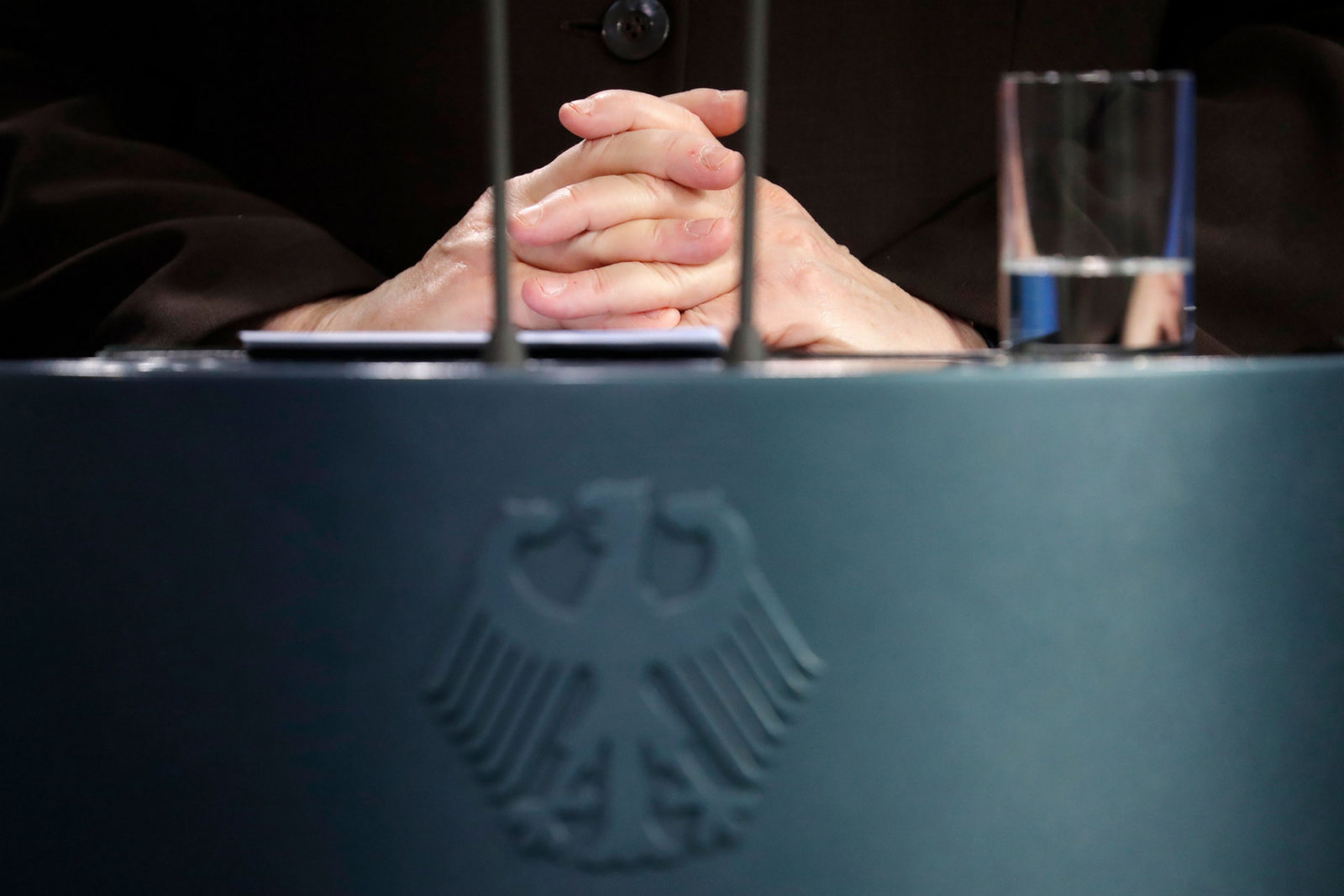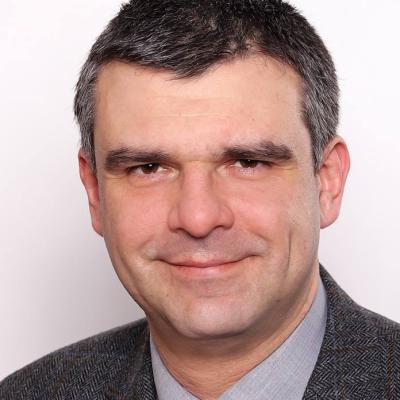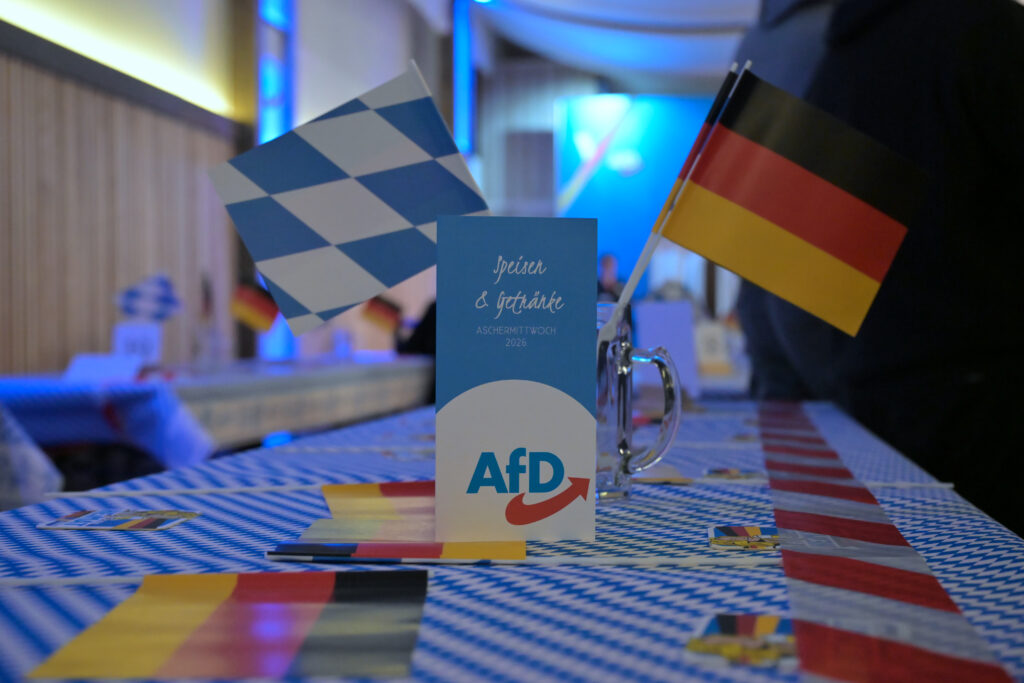Until recently, Annegret Kramp-Karrenbauer was chair of Germany’s ruling center-right Christian Democratic Union (CDU) party and a likely next Federal Chancellor. But then she announced her plans not to run for Chancellor and resigned, which came as a surprise to many. Various journalists linked this to events in the parliament of Thuringia, where local CDU and FDP MPs probably violated their commitments by holding a coordinated vote with the ultra-right party Alternative for Germany (AfD). However, the reasons behind her statement are much deeper. Kramp-Karrenbauer had failed to unite “the Union” (as the CDU is called as a shorthand in Germany). In the backstage of German politics, there are at least five names of politicians who have either already declared their desire to replace the former “Angela Merkel’s successor” or are seriously considering it. Among them one can find both supporters of the incumbent Chancellor, ready to continue her current policies, and opponents who insist on revising the priorities, and returning to what they see as conservatism.
For German voters, domestic politics traditionally plays a more important role than foreign policy preferences. However, it is still worth following the candidates’ views on relations with Russia.
Merkel’s counter-agents
Let us start with Friedrich Merz, who chaired the CDU/CSU faction in the Bundestag in the early 2000s and worked for big business in the years since. Recently, Merz reappeared from political oblivion — shortly before the election of the new party leader. At the federal congress in December 2018, he received 48% of the vote from delegates in the second round. The result saw him defeated by his rival Kramp-Karrenbauer by a margin of just over 3%. But with Kramp-Karrenbauer’s resignation, Merz has regained the initiative, and has been actively criticising Merkel and Kramp-Karrenbauer, stating that “10 February (the day of Kramp-Karrenbauer’s speech) will go down in German history.” On 25 February, Merz officially put forward his candidacy for the head of CDU.
Merz is a leader in opinion polls. He enjoys the support of conservative circles within the CDU and a number of business people. During his years outside politics, Merz rarely spoke about Russia. In a few interviews, he clearly supported the sanctions, calling for “pressure” and “consistency”. After realising a candidate for such a high post is obliged to express his views on a wide range of issues, Mertz has recently spoken more often about his assessment of the situation in Russia and its actions on the global arena. In 2019, having made a reservation about the importance of Moscow for the pan-European strategic security, Merz unequivocally stated that in connection with “Russia’s continued armed intervention in eastern Ukraine” there were “no grounds” for lifting the sanctions. In January 2020, he unequivocally called Russia (in the Middle East context) “a war participant” “rather than a country that maintains order.”
Another Merkel critic, Jens Spahn, Minister of Health and the youngest member of the current cabinet, is also considered a candidate for this high office. He is popular with some circles of ordinary fellow party members, but observers give him minimal chances. After coming to the ministerial post, Spahn has preferred to comment mainly on the main profile of his activities; but in 2016–2017 he often expressed his views of the international situation too. Spahn spoke harshly about Russia’s foreign policy and criticised other parties which, in his opinion, were too soft. However, even as a minister, he clearly expressed his vision of the Ukrainian conflict, for instance: “The core aggression comes from Russia. This is obvious, also in the Crimea.”
Merkel’s supporters
Armin Laschet is a typical loyal associate of Merkel. He has risen under the Chancellor’s patronage from a little-known MEP to the deputy chairman of the CDU and the head of North Rhine-Westphalia — one of the key German states (with the largest population and highest GDP, producing 21% of Germany’s total GDP). This allows him to rely on some of the party apparatus, government structures and the administration. Laschet’s participation in the race for the post of Chancellor is also confirmed in his statements at this year’s Munich Security Conference: cautiously critical of Merkel in areas where this should be appreciated by the conservative German electorate, but without radical changes. He takes an interest in relations with Russia, participates in the “St. Petersburg Dialogue”, and advocates “close cooperation with Russia”, which is necessary to resolve “many global issues,” while opposing the “demonisation” of Russia. At the same time, Laschet considers sanctions against Russia to be “definitely right” and expresses support for Ukraine. This is an attempt, commonly made by heads of regions, to strike a balance between economic and political interests of the state/land and the country.
On 18 February, it became known that Norbert Röttgen, a ‘heavyweight fighter’ in foreign policy issues and head of the Bundestag’s Foreign Affairs Committee, unexpectedly proposed his candidacy. He is the only candidate who has put as many as two international topics (EU and the situation in the Middle East) among the Top 5 reasons for running. Röttgen also enjoys authority outside his party. Of all the politicians with a ‘suitable profile’ (foreign minister, state secretaries, faction speakers), he is perhaps the most consistent and harsh critic of the Kremlin. Earlier on, in connection with the situation in the Kerch Strait, Röttgen spoke of “expanding Russia’s sphere of influence in violation of international law” and stated that this “should not remain without consequences,” while in February he started making even tougher statements. He did not only criticise the “detachment of the West” in connection with the bombings effected by the Russian Aerospace Forces in northern Syria, but also called these attacks “against civilians” to be a “revolting war crime”, demanding “maximum political and economic pressure” to be exerted on Russia.
The Bavarian
Markus Söder, the Prime Minister of Bavaria and Chairman of the CSU, is also mentioned in connection with the race for leadership. The CSU is a ‘sister party’ of the CDU, traditionally sharing a faction in the Bundestag and nominating a single candidate in the elections. Söder’s chances are rather low, not least because of the ‘peculiarities’ in the perception of Bavarian politicians among the general public in Germany. Bavaria has close economic ties with Russia, which is why local politicians prefer to be fairly cautious in assessing relations with Russia. They often visit Moscow. This was the case with Horst Seehofer, Söder’s predecessor, currently heading the German Ministry of the Interior. In January, Söder also visited the Russian capital and met with Vladimir Putin. At that, he remained ‘uncompromising’, as the German media noted. He is reported as linking a possible lifting of the sanctions to a change in Russia’s position — otherwise “the sanctions will be continued”. Moreover, before leaving Munich, the Bavarian Prime Minister said: “The sanctions have proven to work. It would be wrong to just say ‘everything will be fine again from now on’”.
A new policy course?
The five main candidates for the post of the CDU leader and (probably) the future Federal Chancellor have very different visions of the country’s domestic policies. There are also notable contradictions in the proposed strategies on the international arena, for example, in relations within the EU and with the USA. However, they are all united in consistent criticism of the Kremlin, although the degree and intensity of the criticism may vary. For Söder and Laschet, who represent economically advanced regions, it is important to maintain the trade with Russian private and state-owned companies at an acceptable level so as not to become a target for the opposition. Röttgen, Merz and Spahn are federal politicians and their respective fields are much broader. However, there is a consensus among Christian democratic contenders for the country’s leadership: a radical improvement of relations with Russia (e.g. lifting the existing sanctions) is only possible if there is progress in Eastern Ukraine. The elite of the ruling party is not considering any other options.










